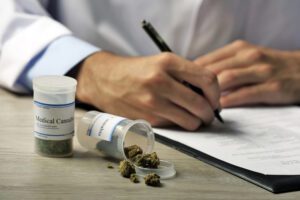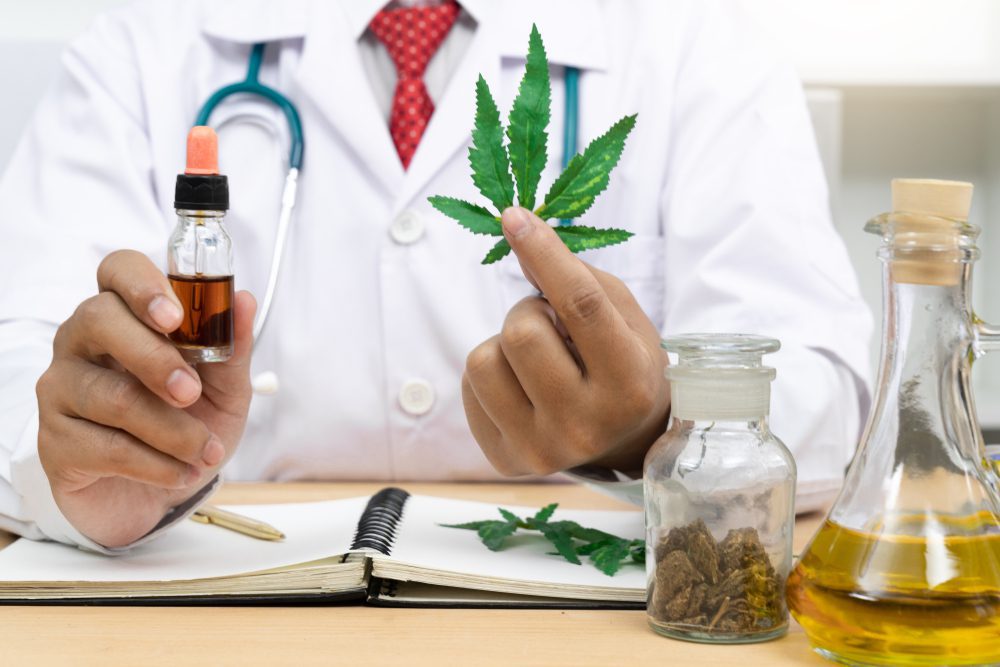It’s important to preface any discussion regarding drugs by recommending dealerships speak with a knowledgeable attorney who understands the nuances of the subject. The laws governing marijuana are rapidly changing as cases are decided in various locations. The advice here is a guide to help dealership employers know what kinds of questions to ask or what to watch out for.
A Source of Confusion
Legal vs. Illegal
At it stands, medical marijuana is legal in over half the states, with a growing number legalizing recreational use. Thousands of dispensaries have popped up across the country, selling all manner of cannabis products, and marijuana use has exploded. In 2016, around 24 million Americans were active users, a figure that represents a large portion of the working population, and one that continues to grow. At the same time, federal law continues to prohibit its use, classifying it a Schedule 1 drug. This legal duality has created confusion for employers who are uncertain about what they can and can’t allow during work hours or on dealership property. Many might wish to prohibit drug use of any kind at work for a variety of reasons. Some consider it unprofessional; others might have safety concerns. Regardless of the motivation, dealerships need to know what their rights are when it comes to marijuana use.
CBD vs. THC
Another point of confusion is that of CBD vs. marijuana. Most people know the legal status of marijuana in their area. Less clear is that of CBD. CBD, cannabidiol, has been increasing in prominence lately. A large part of that popularity is that CBD, unlike the THC found in marijuana, is believed by many to be non-psychotropic. Additionally, it is made of hemp, which is legal–sort of.
The difficulty in CBD legality comes from the fact that hemp plants can actually start growing marijuana with THC. Officially, for CBD to be legal, it must contain less than 0.3% THC. The similarities in the plants and the high rates of contamination have led to some confusing legislature. CBD products officially can’t be sold as a health product; the FDA has granted only a seizure medication called Epidiolex that right. Some states have laws against selling but not buying CBD products; others have additional possession restrictions. Overall, CBD can be a lot murkier than marijuana.
Medical vs. Recreational
For now, because of federal law trumps state law, most employers can institute drug policies, tests, and discipline failures. They do not have to accommodate usage and typically don’t have to pay workman’s compensation if an employee was under the influence. However, things are getting a little tricky with medical marijuana. While the majority of states still side primarily with employers, as cases are brought to the courts, this could change. Massachusettes, Rhode Island, and Connecticut all saw medical marijuana patients win lawsuits over positive testing.
Uncertain Testing
Finally, testing employees can be contentious because the THC in cannabis is lipid-soluble. Binding to fat molecules, THC hangs around the body much longer than the psychotropic effects do. Meaning, an employee might indulge over the weekend in his or her own home, be clean during work hours, but still have THC show up on a drug test during the week.
What Dealerships Can Do
There are several things a dealership that would like to implement a drug-free workplace can do with regards to marijuana. First, as stated, employers should familiarize themselves with their state laws so that they can create a state-compliant workplace drug policy. Next, they should make sure all employees and future employees are well acquainted with the dealership’s standards. This way, everyone is on the same page. Most importantly, make sure to apply the policy in a uniform consistent way. Keep in touch with an expert, so any legal changes are reflected in the dealership policy, making sure that staff is alerted to all developments. In this way, dealerships can toe the line of the law while ensuring a safe, comfortable environment for employees and customers.








